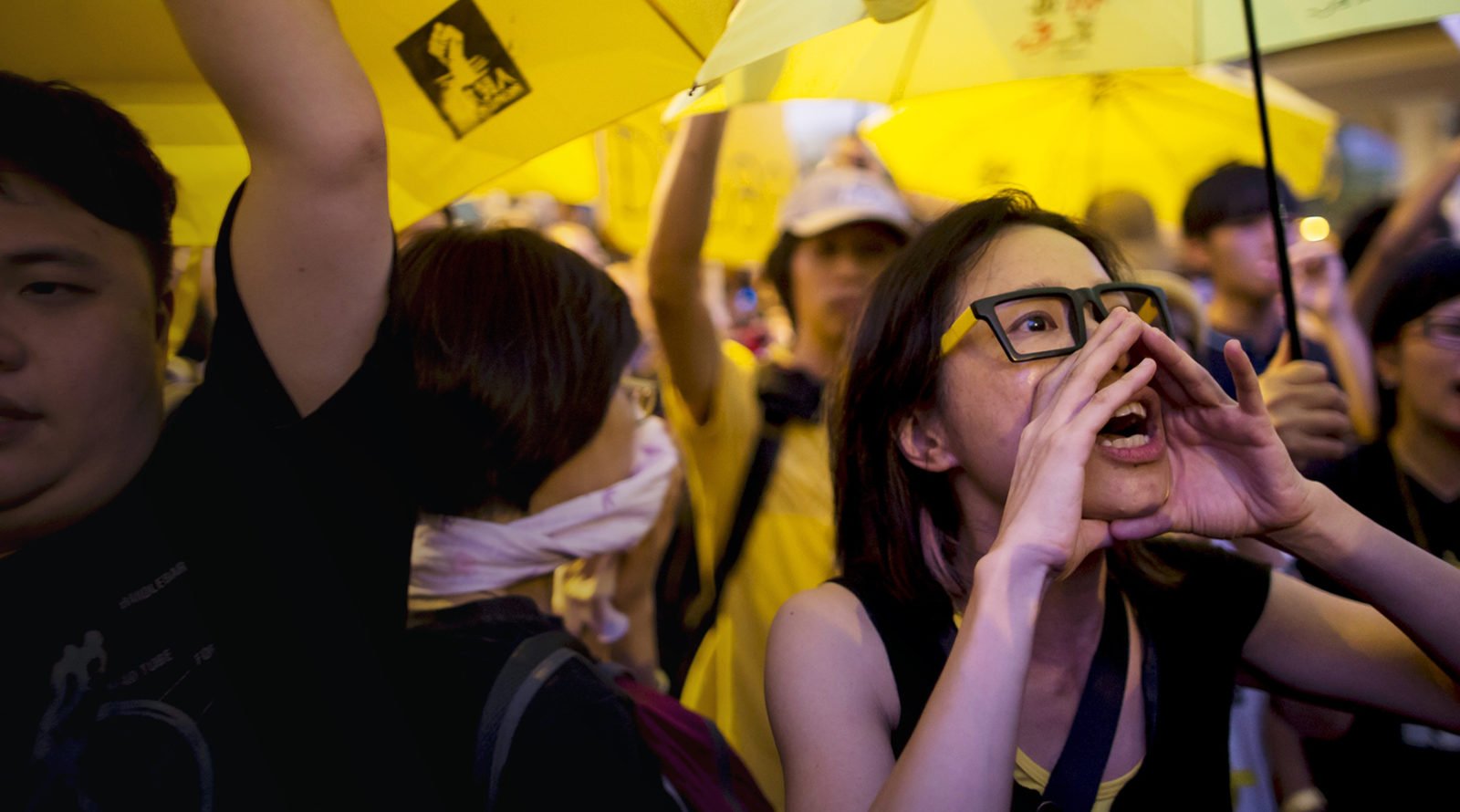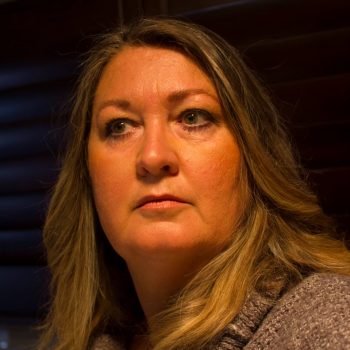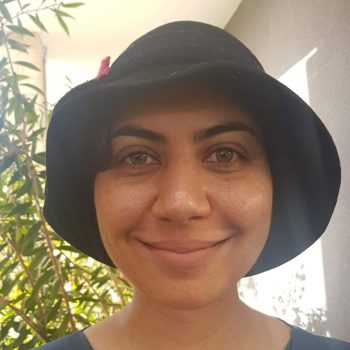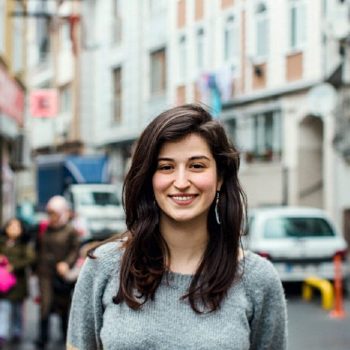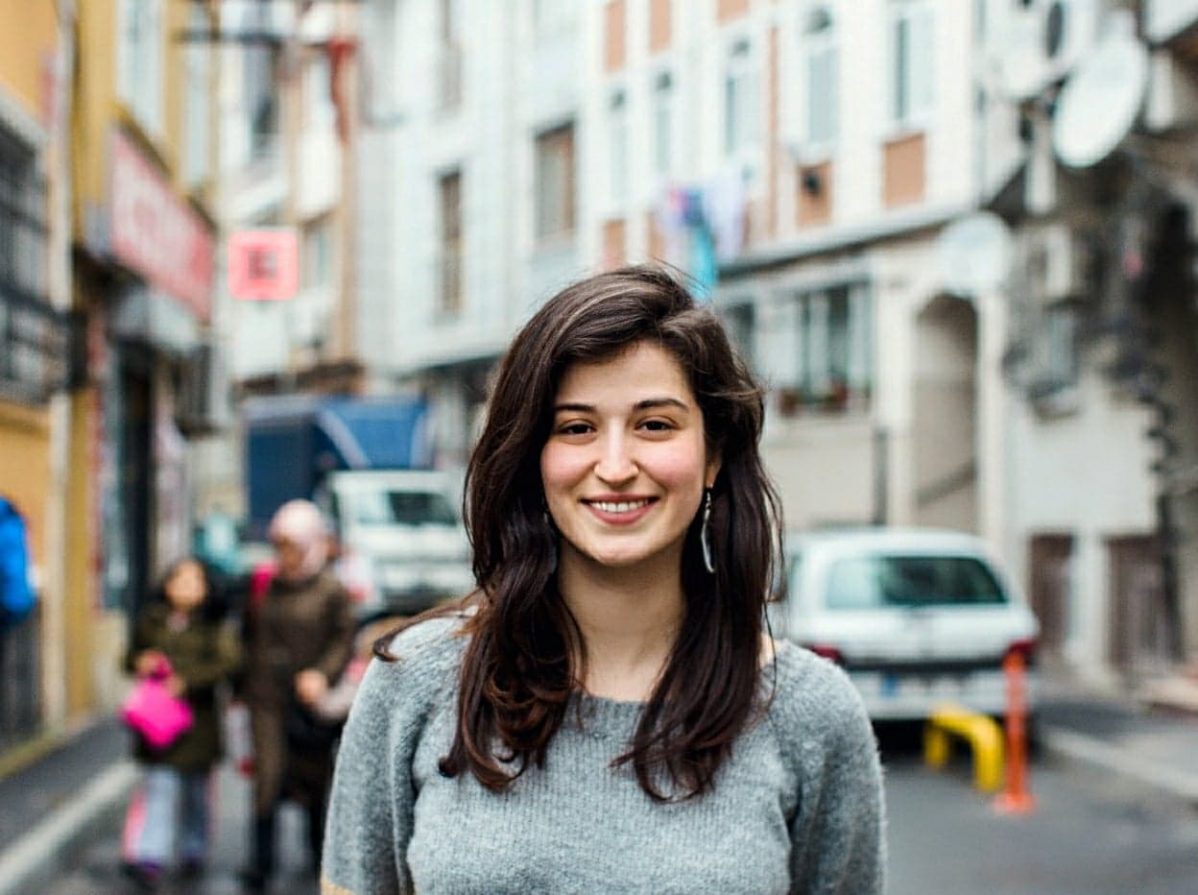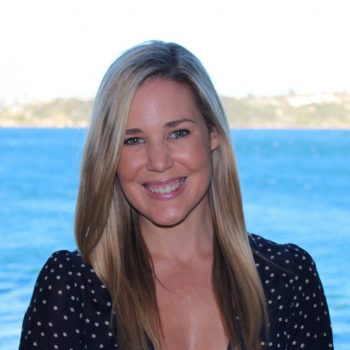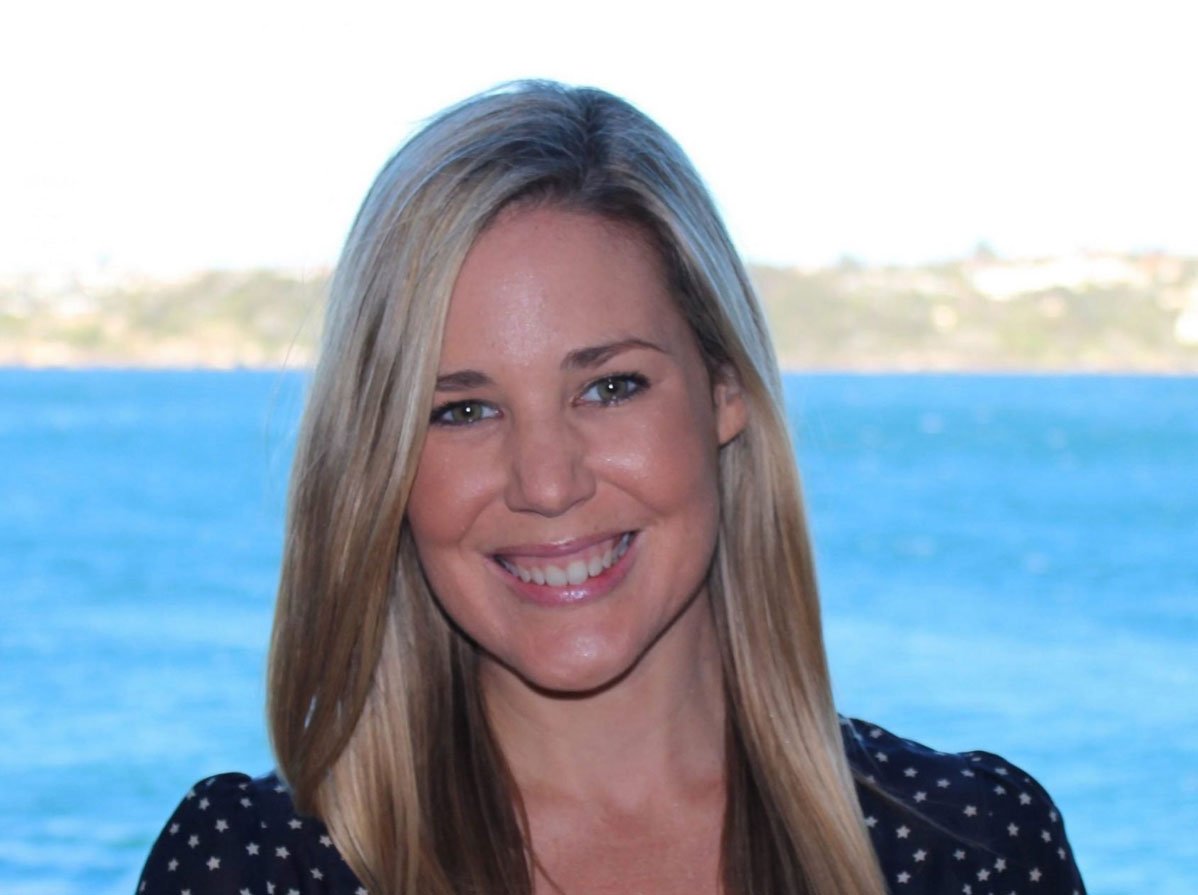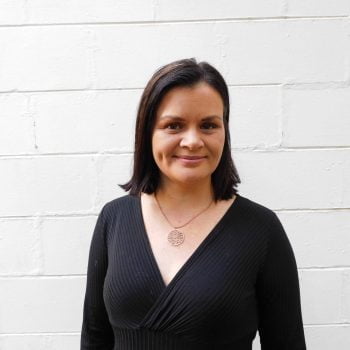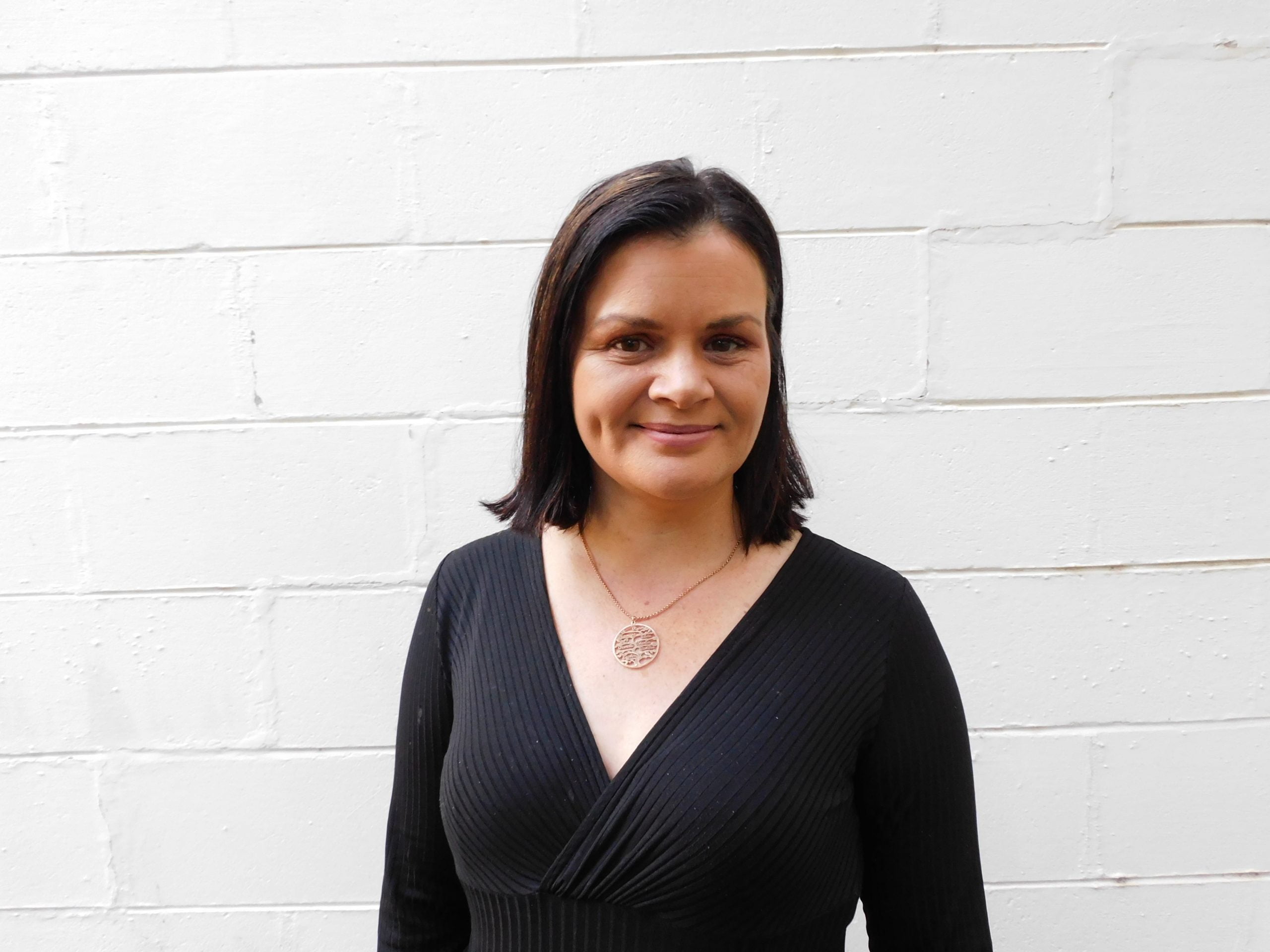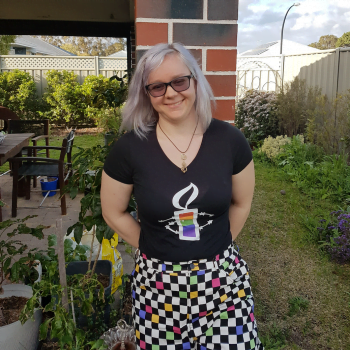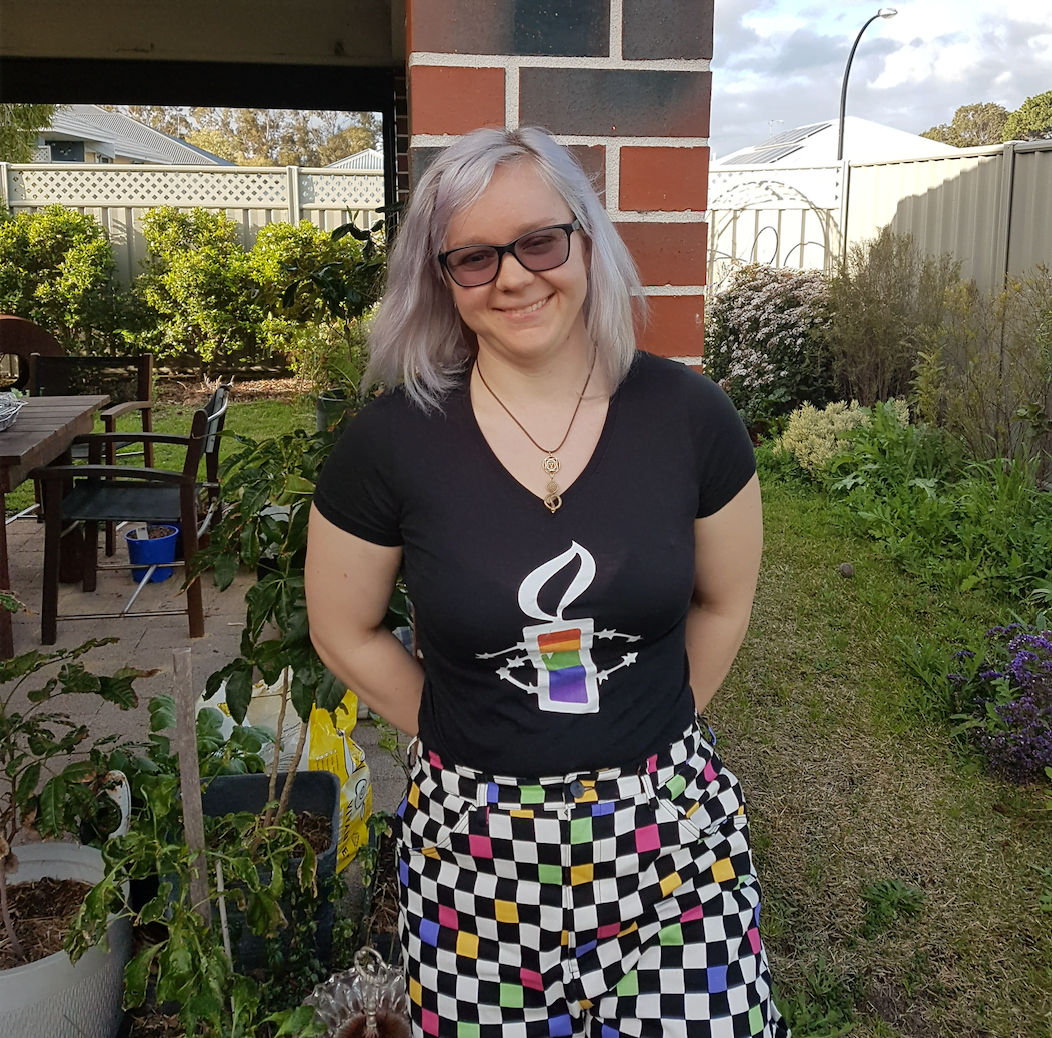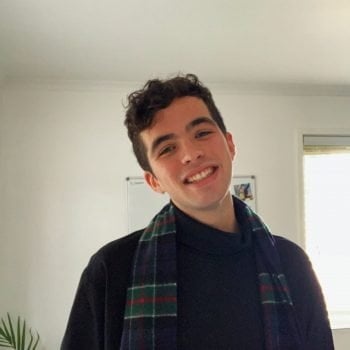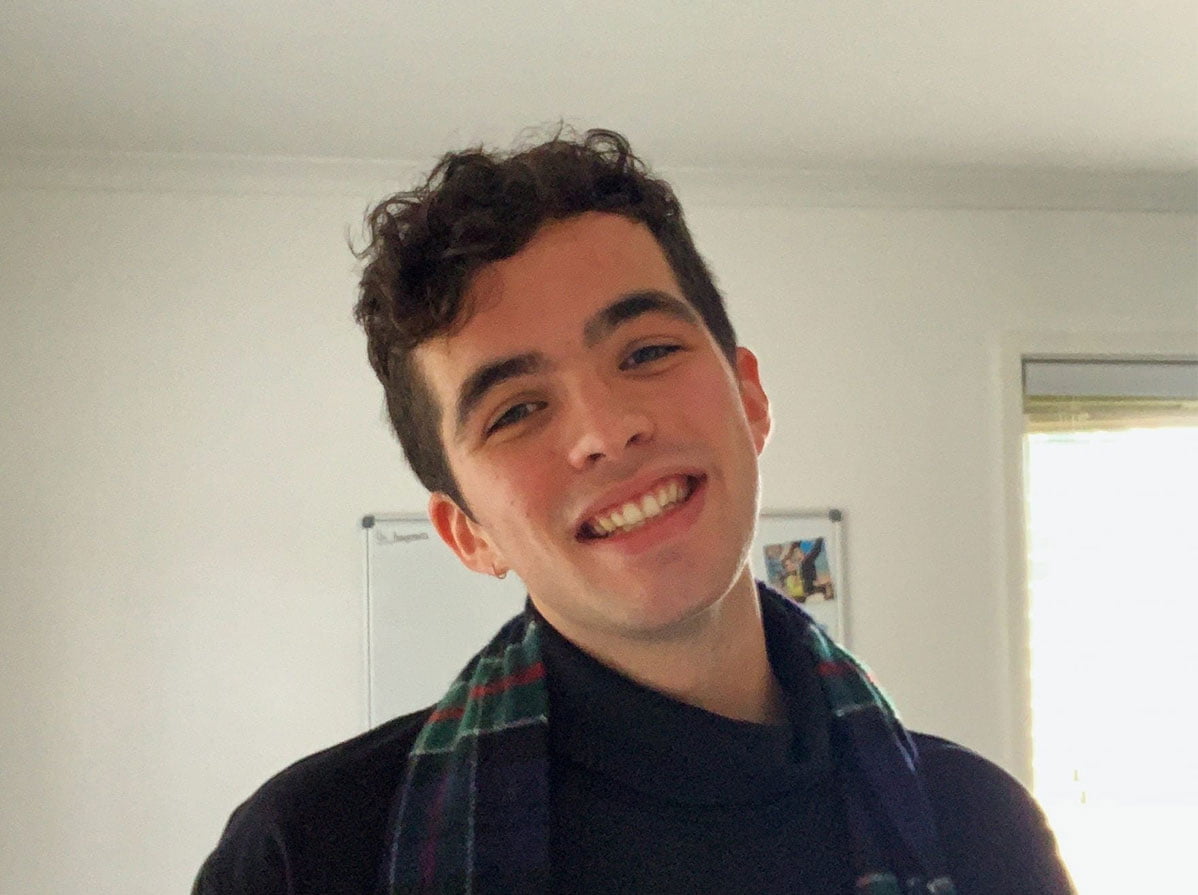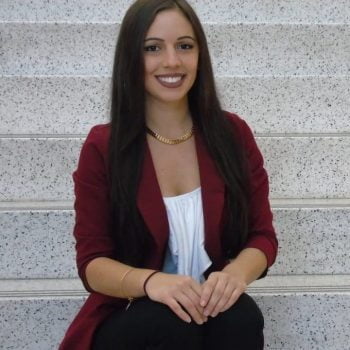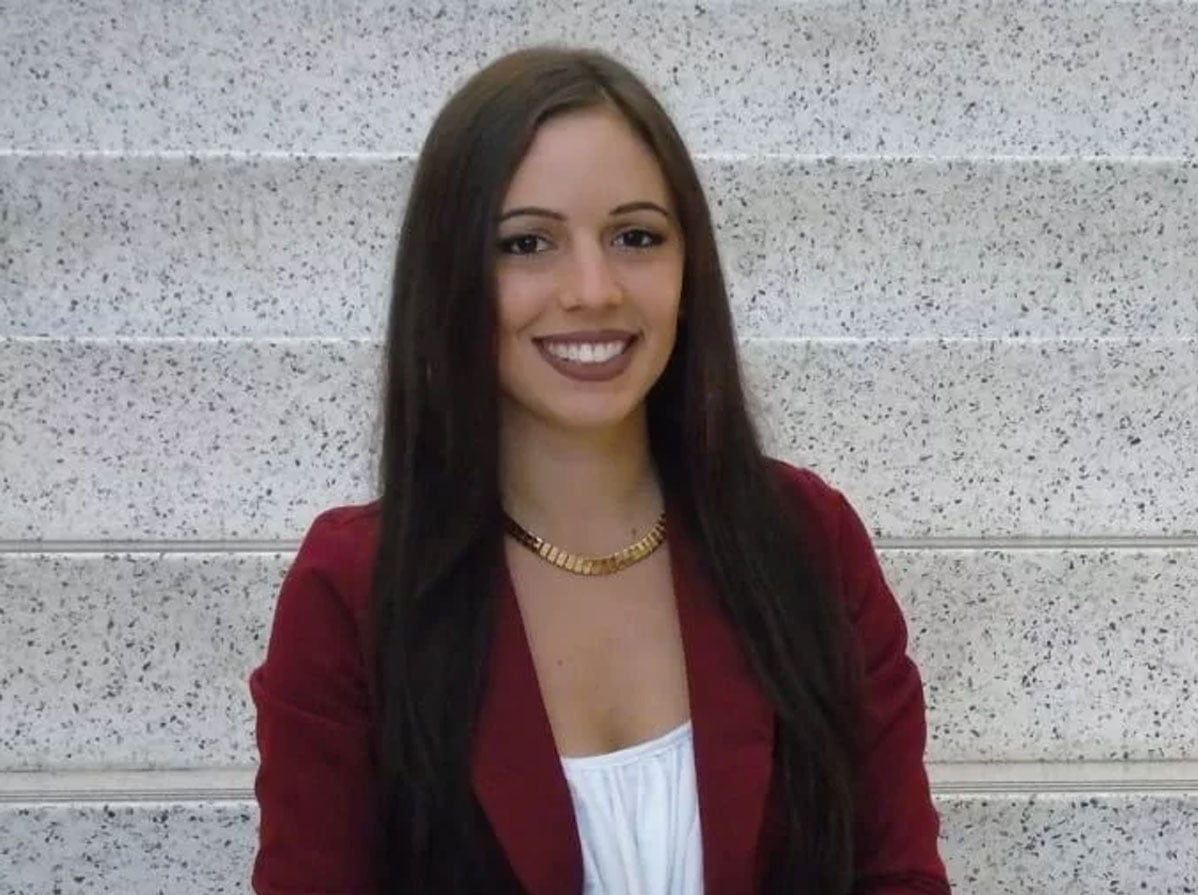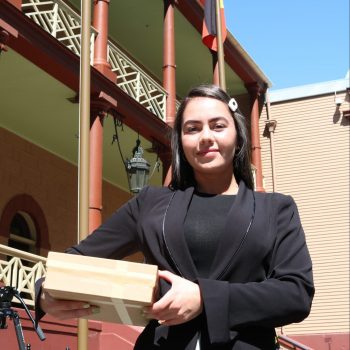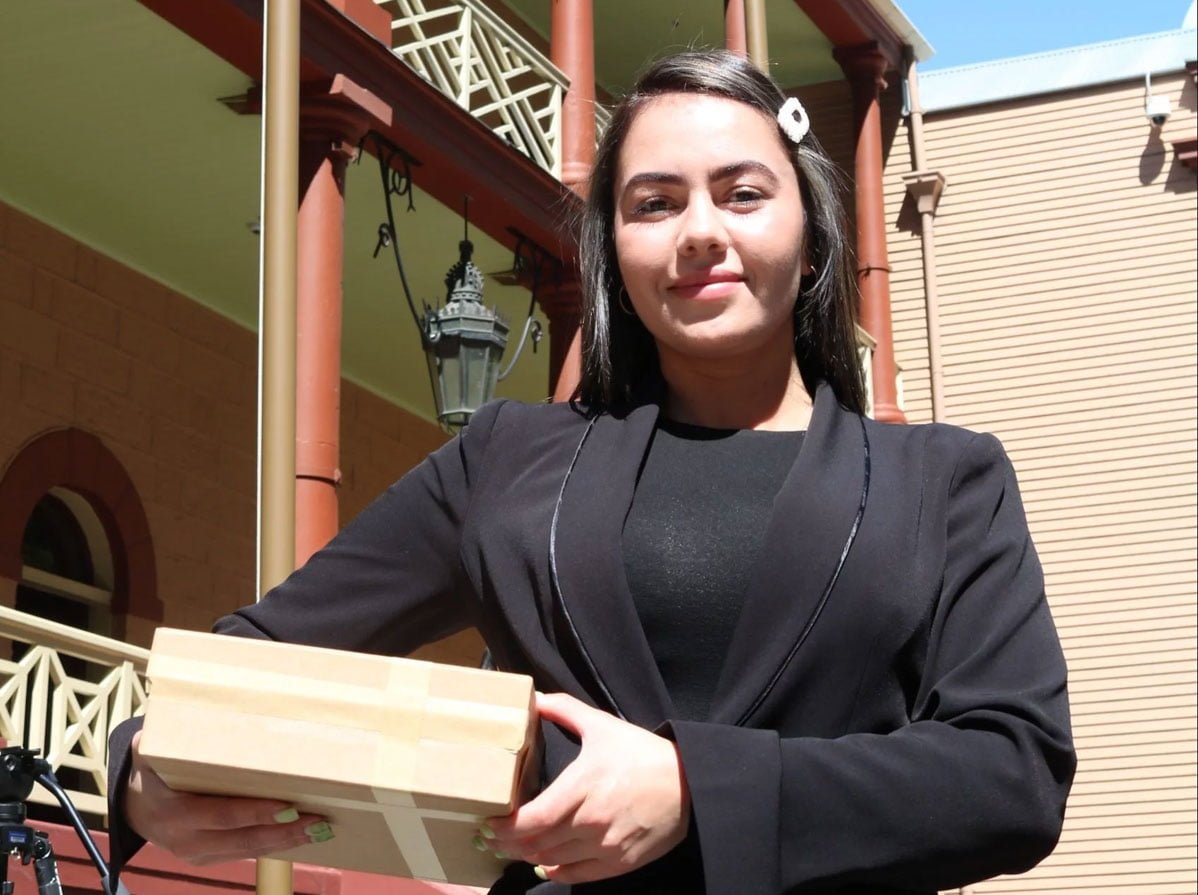Caitlin Smith
“We are survivors, and we are so much stronger than anyone (including ourselves) gives us credit for.”
Despite experiencing discrimination and often feeling like an outsider, Caitlin Smith describes herself as ‘lucky’ when she reflects on her childhood. “I was taught my culture, and taught to be proud of my culture”. A quiet child, who also suffered from illness, Caitlin couldn’t run around and keep up with other children. Instead, she kept herself busy reading, writing, drawing and daydreaming. “I was often told in my high school years that I was stupid, I was accused of cheating, and I was told that I shouldn’t try and reach too high in life because I wasn’t smart enough to succeed”. Bullied by other students throughout primary and secondary for being Aboriginal, Caitlin found her network when she went to university. It was there that she worked tirelessly on her Bachelor of Science, and became the first person in her family to attend and graduate university.
Caitlin has supported a number of campaigns that challenge injustice including sponsoring a child, donating to animal and earth conservation organisations, and volunteering her time at the Cancer Council. She first joined Amnesty in 2019. “I was sick of hearing about our young mob killing themselves”. After reading about the death of a 10 year old child in the Kimberley, she decided it was time for her to act. “I was 13 years old when I first thought about suicide, so I understand where those children are in life. I know what they are feeling, and I want to do anything I can to help”. Caitlin marched in the #BlackLivesMatter protests in Perth, has worked on Amnesty’s campaign to raise the age of criminal responsibility from 10 to 14 years old, and partnered with Social Reinvestment WA on a campaign to end the imprisonment of people who have unpaid fines. She was on the steps of Parliament when the vote passed to amend this bill, and considers it a life highlight. Caitlin stresses the importance of challenging injustices in both big and small ways. Recently, she’s felt motivated to challenge micro-aggressions in social settings, even when they come from the people she cares about.
At 31 years old, Caitlin says she’s finally learning and embracing her own worth, and growing into her own voice. She believes that a simple but impactful way you can challenge injustice, is by speaking up about it. Her vision for the world is one where nobody is discriminated against for the colour of their skin, the person they love, or their religious beliefs. Above all else, Caitlin values kindness: “I believe we should treat everyone and everything with kindness, not just humans but animals as well, right down to insects, and even plants.”
